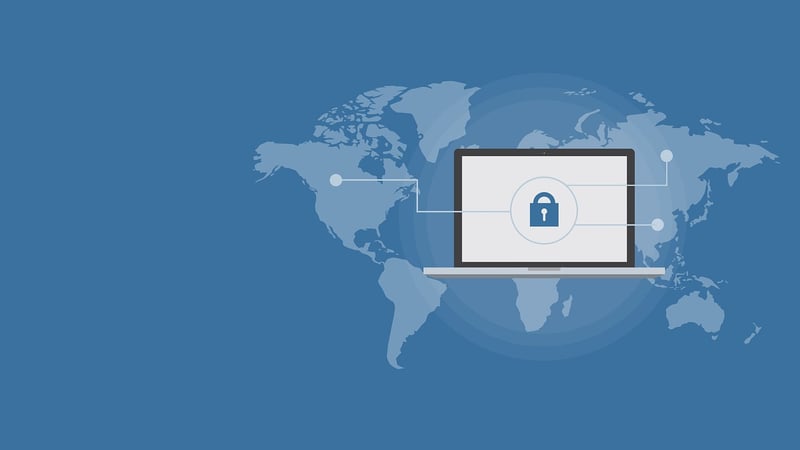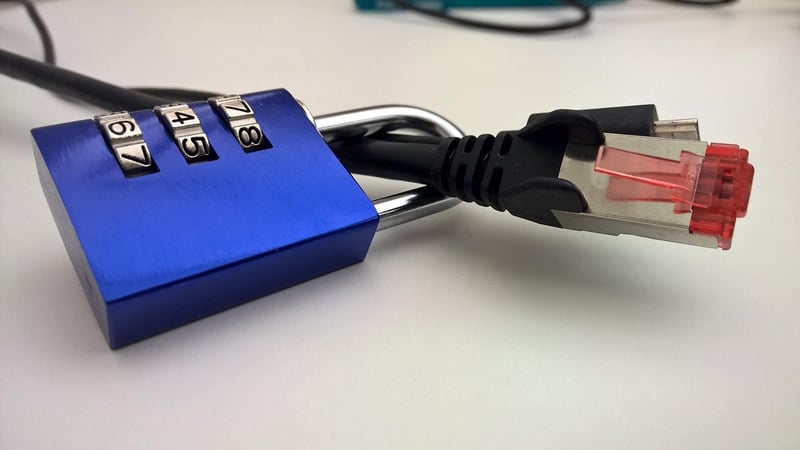Digital Privacy Measures
Guidelines for Personal Security and Digital Privacy Measures
Introduction
In today's digital age, protecting your personal security and digital privacy is more important than ever. With the increasing reliance on technology for everyday tasks, it's crucial to be aware of best practices to safeguard your information and stay safe online.
Personal Security Guidelines
1. Create Strong Passwords
Use unique and complex passwords for each online account. Include a mix of letters, numbers, and special characters.
2. Enable Two-Factor Authentication
Turn on two-factor authentication whenever possible to add an extra layer of security to your accounts.
3. Be Cautious with Personal Information
Avoid sharing sensitive personal information on social media or other public platforms.
4. Update Your Devices Regularly
Keep your devices and software up to date with the latest security patches to protect against vulnerabilities.
Digital Privacy Measures
1. Use a Virtual Private Network (VPN)
Encrypt your internet connection and protect your online activities from prying eyes by using a VPN.
2. Review App Permissions
Regularly review and update the permissions granted to apps on your devices to limit access to your personal data.
3. Secure Your Wi-Fi Network
Change the default password on your Wi-Fi router and enable WPA2 or WPA3 encryption to secure your network.
4. Clear Your Digital Footprint
Regularly delete cookies, clear browser history, and consider using private browsing modes to minimize tracking.
Conclusion
By following these guidelines for personal security and implementing digital privacy measures, you can better protect your information and reduce the risk of falling victim to cyber threats. Stay vigilant and prioritize your security both offline and online.

Remember, staying safe in the digital world requires constant awareness and proactive steps to secure your data and privacy.
Stay safe and secure!
